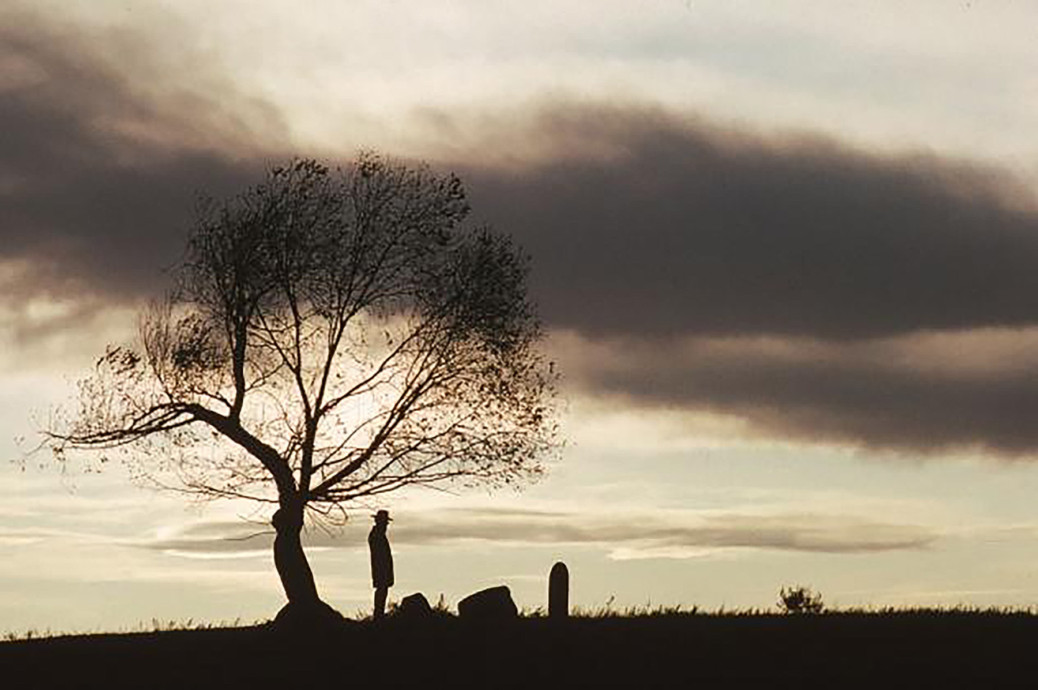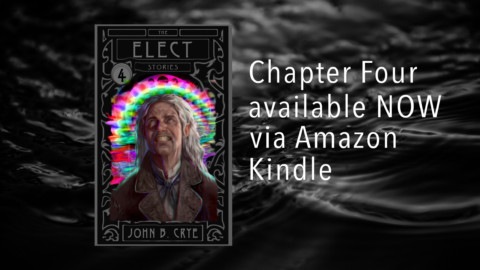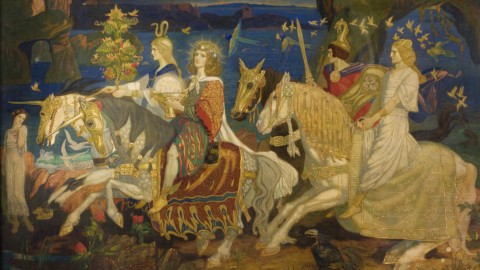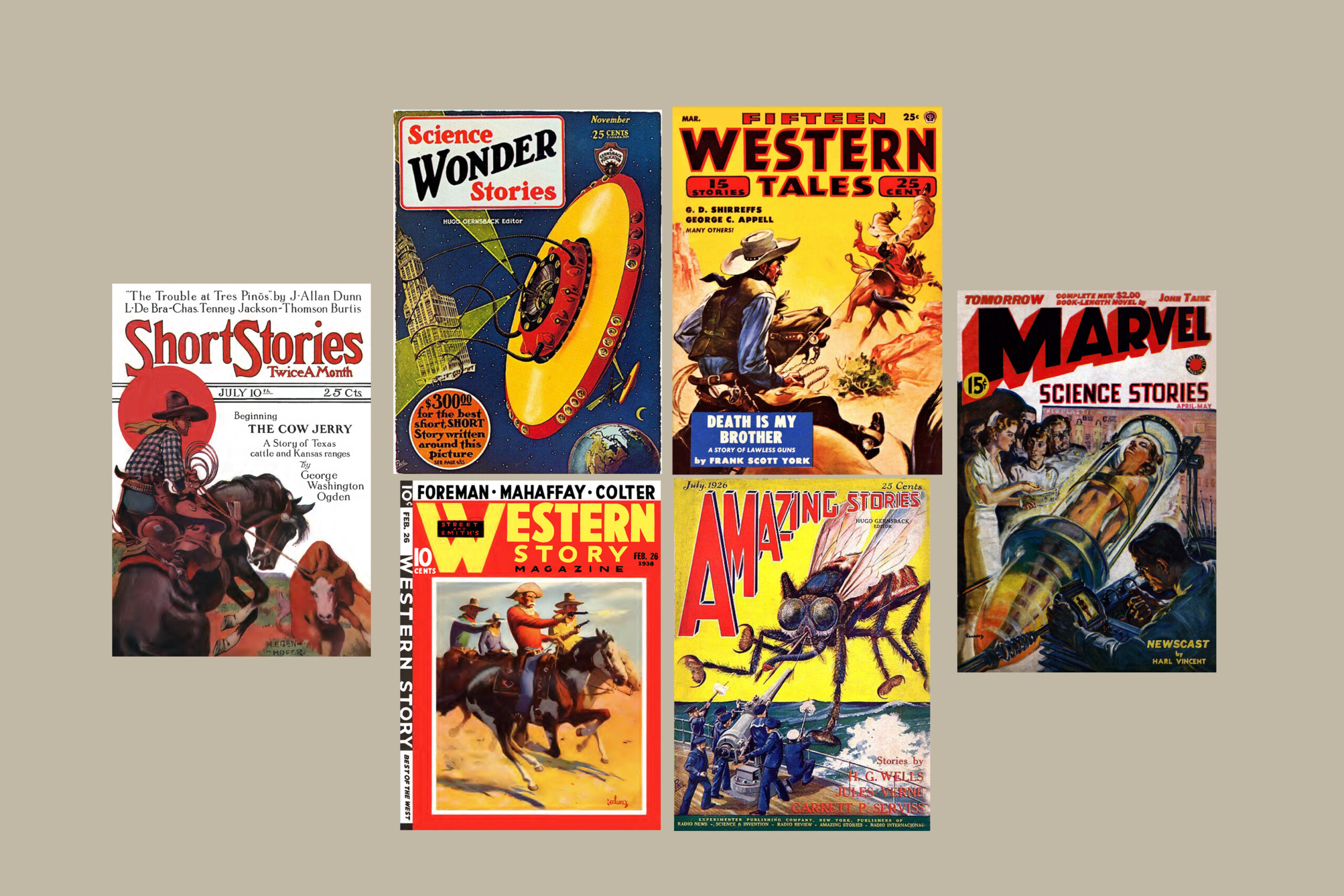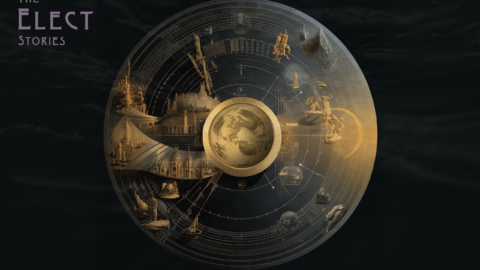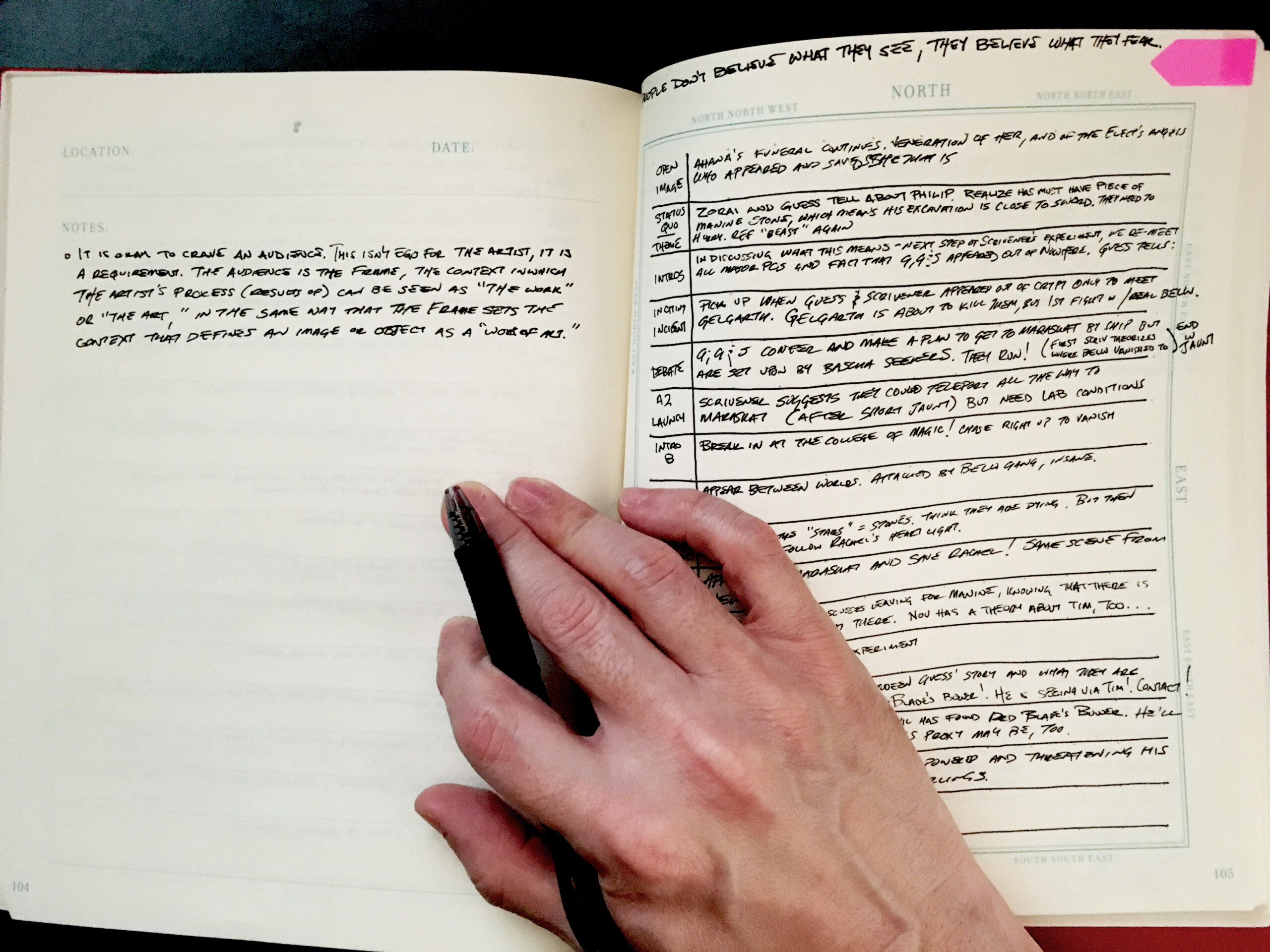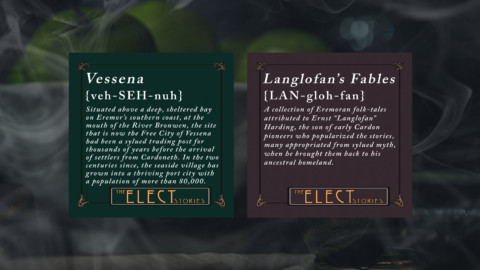I grew up enjoying Westerns. I’ve always had a particular fondness for Sergio Leone’s “Man with No Name” films, even before I could properly articulate why. Despite the bad dubbing, the anachronistic production design, and the all-over-the-shop acting, something about those films has always felt more “true” to me than other Westerns. Not more “real” by any stretch, but more “true.” They seem to capture the strangeness of a world dominated by gunslingers in a way that only an outsider’s perspective can. They present the same existential landscape seen in other Westerns, but they do so with the recognition that the “winner take all” frontier life is pretty damned horrifying when you get right down to it. Clint Eastwood, Leone’s nameless anti-hero himself, went on to direct and star in the pinnacle of this subgenre, “Unforgiven.” The story of that film is simple enough: An aged killer, long since retired, takes on one last job. Far more complex is the way David Webb Peoples’ screenplay comments on those expected genre tropes while satisfying them at the same time. Talking about Peoples’ screenplay on his podcast, screenwriter John August said:
“The script takes our expectations of what a western is supposed to do, what the hero of a western is supposed to do, and what the tropes of a western are supposed to do, it explores them and ultimately rips them apart and lays bare the pain and the suffering that’s underneath all of that and tries to get back to the common humanity that underlies all the mythic heroes that we have coming out of the western genre.”
While I can only hope to write as well as David Webb Peoples, my intent with “The Elect Stories” is very much the same: to satisfy the tropes of the genre, while also deconstructing them and commenting upon them. The influence of Leone and Eastwood on “The Elect Stories” is most easily seen in Chapter 3, with the introduction of Gelgarth Arbekka, a man who, like William Muny, is haunted by a violent past that he very much wants to put behind him. As our chapters progress and more members of the Circle are met, the swashbuckling nostalgia of Palm and Timriel’s heroic stories will be countered with questions like, “What makes someone a hero?” and “Does that make them a hero to everyone?”
